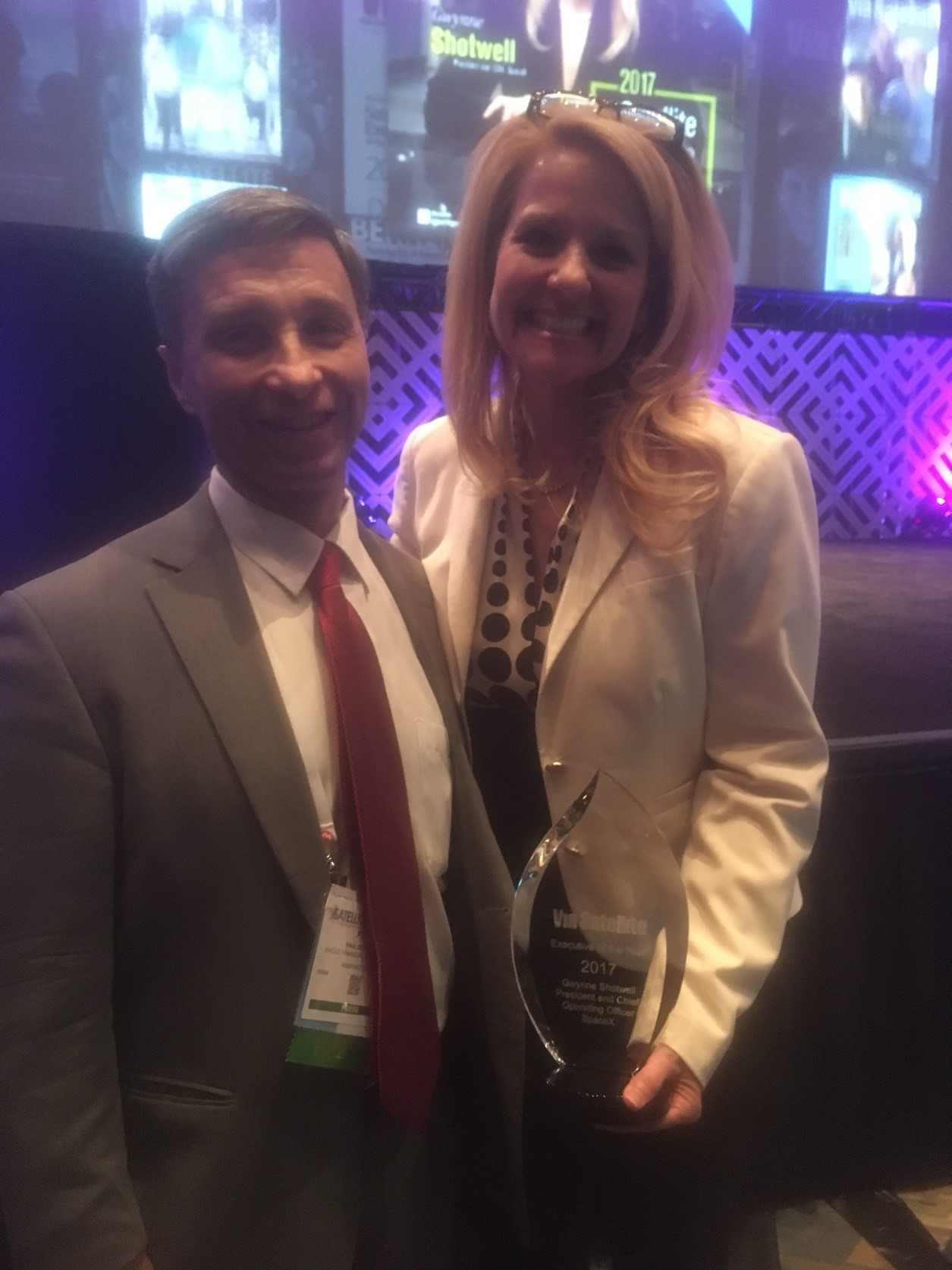The struggles involved in financing and operating Tesla (TSLA), the innovative electric auto company founded by billionaire businessman Elon Musk, have pressured the company’s stock price and led to growing questions, notes Paul Dykewicz, editor of Stock Investor Insights.
Much of the support for the company seems to hinge on Musk’s track record as a successful South African-born American entrepreneur who has achieved impressive business accomplishments that include founding a company that later became PayPal (PYPL).
Forbes magazine estimates Musk’s net worth at $18.7 billion, but even someone that wealthy needs funding from other sources to carry out his vision of revolutionizing transportation in space and on the earth.
One of the biggest challenges facing Musk is that he simultaneously is trying to pursue two huge dreams: the development of a reliable, reusable launch vehicle through his SpaceX venture formed in 2002 and the creation of electric car manufacturer Tesla started in 2003.
SpaceX is valued at about $28 billion. Aside from launching rockets to deploy spacecraft in orbit, SpaceX received approval from the U.S. government in March 2018 to put commercial satellites in low-earth-orbit to provide internet services. Traditionally, rocket launchers have not become commercial satellite operators, but Musk is anything but conventional.
Tesla completed an initial public offering (IPO) in June 2010 for $226.1 million. In its offering document, the company stated that it would deviate from standard auto industry practices in an attempt to innovate cost effectively.
“We have intentionally departed from the traditional automotive industry model by both exclusively focusing on electric powertrain technology and owning our vehicle sales and service network,” Tesla wrote in its IPO prospectus. The company has not changed its industry maverick tendencies, despite naysayers who question whether it will be able to operate profitability.
One of the investment firms that is tracking the progress of Tesla is Barclays Capital Inc., which is cautioning about a potential 25%-plus downside risk. Barclays lists a target price of $210 for Tesla, which closed on May 29 at $283.76.
Refocus could be good business but hurt Tesla’s stock price
Tesla’s refocus, at least temporarily, on reducing losses by prioritizing niche auto segments, such as a Model 3 vehicle priced at $83,000, could bring its costs and spending “somewhat in-line,” Barclays wrote. Barclays added that it would advise Tesla to pull back on automation, install a chief operating officer, delay starting on its Model Y until the Model 3 is well on track, push more “mechanical hardware” out to key suppliers and allow internal resources to focus on software.
The auto company’s latest announcements indicate it is adopting some “checks and balances” around Musk’s lofty goals, Barclays continued.
Yet ironically, the right decisions could be negative for the stock, Barclays opined in its May 23 research report about Tesla. Barclays wrote that Tesla’s stock seems to be riding dreams of growth that have yet to be realized.
Tesla, at its core, could be a niche automaker, Barclays wrote. For example, the addressable market for the Model 3 appears to be shrinking as Tesla focuses upward, since a $27,500 electric car may have the potential to reach 3.0 million units in the United States, while the market for a $60,000 electric car could be 375,000 units but just 50,000 units for a version priced at $80,000.
The X Factor of SpaceX
Even though taking SpaceX public could raise capital and lift some of the burden of financing on Musk, he tweeted in 2013 that he only envisioned an IPO occurring in the “very long term” when its planned Mars Colonial Transporter is flying regularly.
I asked SpaceX President and Chief Operating Officer Gwynne Shotwell during the Satellite 2018 conference on March 14 for an update on a potential IPO for the company and she told me that it still was unlikely until after the company begins making trips to Mars.

Columnist Paul Dykewicz poses with SpaceX President Gwynne Shotwell, after she discussed the timing of a potential IPO for the space company.
Musk has said that the company’s first cargo mission to Mars is planned for 2022. Its key objectives would be to confirm water resources and identify hazards, as well as put in place initial power, mining and life support infrastructure.
A second mission with both cargo and crew is intended for 2024, with key goals of building a propellant depot and preparing future crew flights. The space ships from these initial missions would serve as the start of the company’s base on Mars to build a city and eventually a self-sustaining civilization on the planet.
In addition, SpaceX plans to build a rocket large enough to carry about 100 people the way aircraft currently do for point-to-point travel on Earth but at much faster speeds. The rockets would be designed to travel halfway across the globe in about 30 to 40 minutes, as well as land on a pad five to 10 kilometers outside of a city center, Shotwell said recently.
Shotwell has spoken publicly about the estimated cost of a ticket ranging somewhere between economy and business class on a conventional commercial airplane. Transoceanic travel could be priced at thousands of dollars to reach a destination on the other side of the Earth in an hour, she added.
No one can accuse Musk of lacking in vision or a willingness to dream big and put his money behind his bold ideas. A recent op-ed of Musk in the New York Times criticized him as Silicon Valley’s Donald Trump, but both know how to lead businesses and create buzz for their ideas, whether others like them or not.
Dr. Mark Skousen, who writes the Forecasts & Strategies investment newsletter, has been promoting a debate about Musk and Tesla at the FreedomFest conference’s “Fast Money Summit” this July and it has the potential to be spirited.
Regardless of whether Tesla’s stock is worth its current valuation, Musk has a track record of creating successful businesses, increasing their value dramatically and cashing out later to pursue his next ideas. Cautious investors might be wise to stay on the sidelines with Tesla, but the company, along with SpaceX, is changing the paradigm in the industries they have entered, and their competitiveness should not be underestimated.











